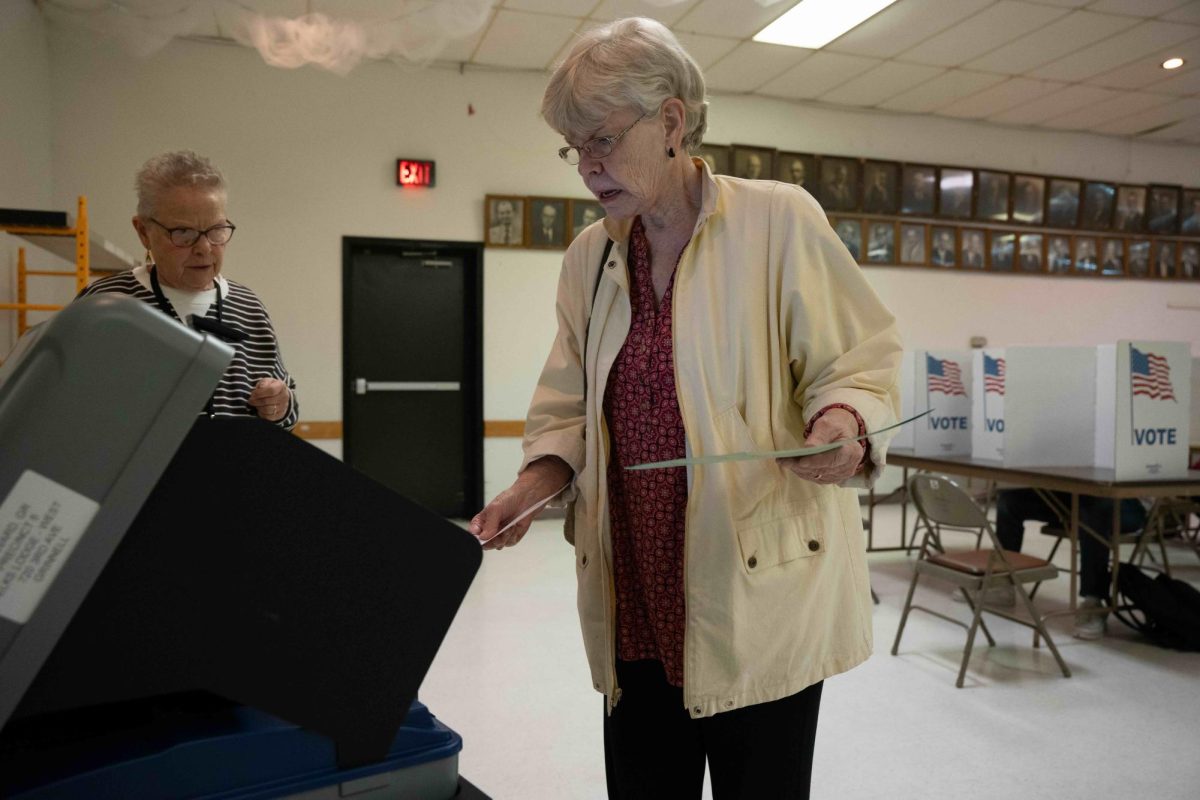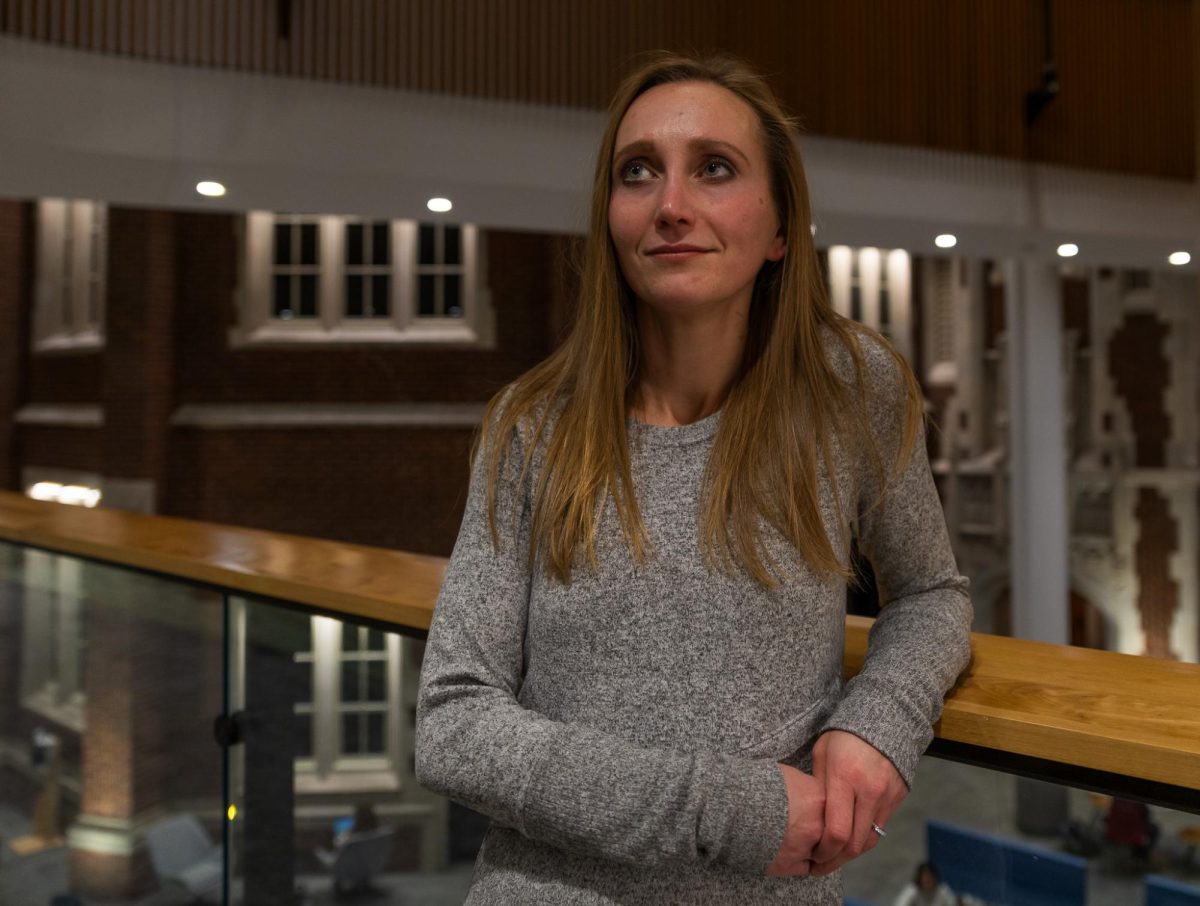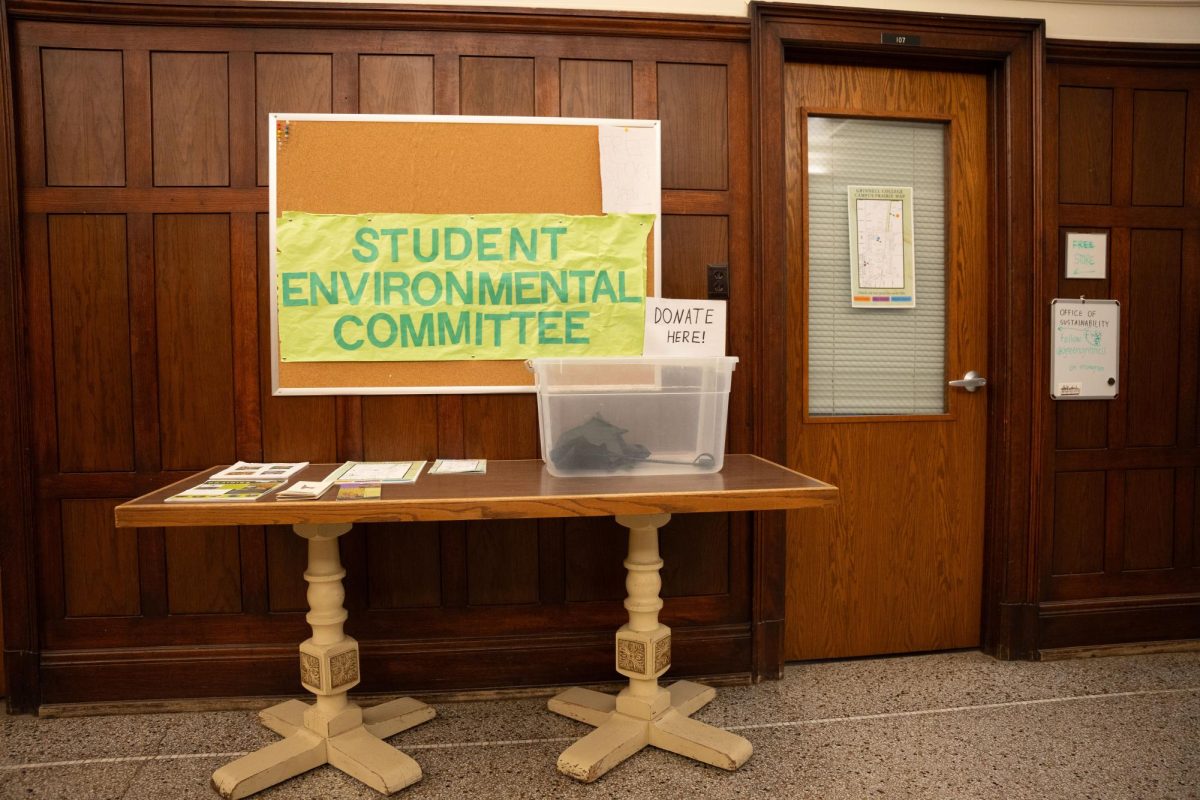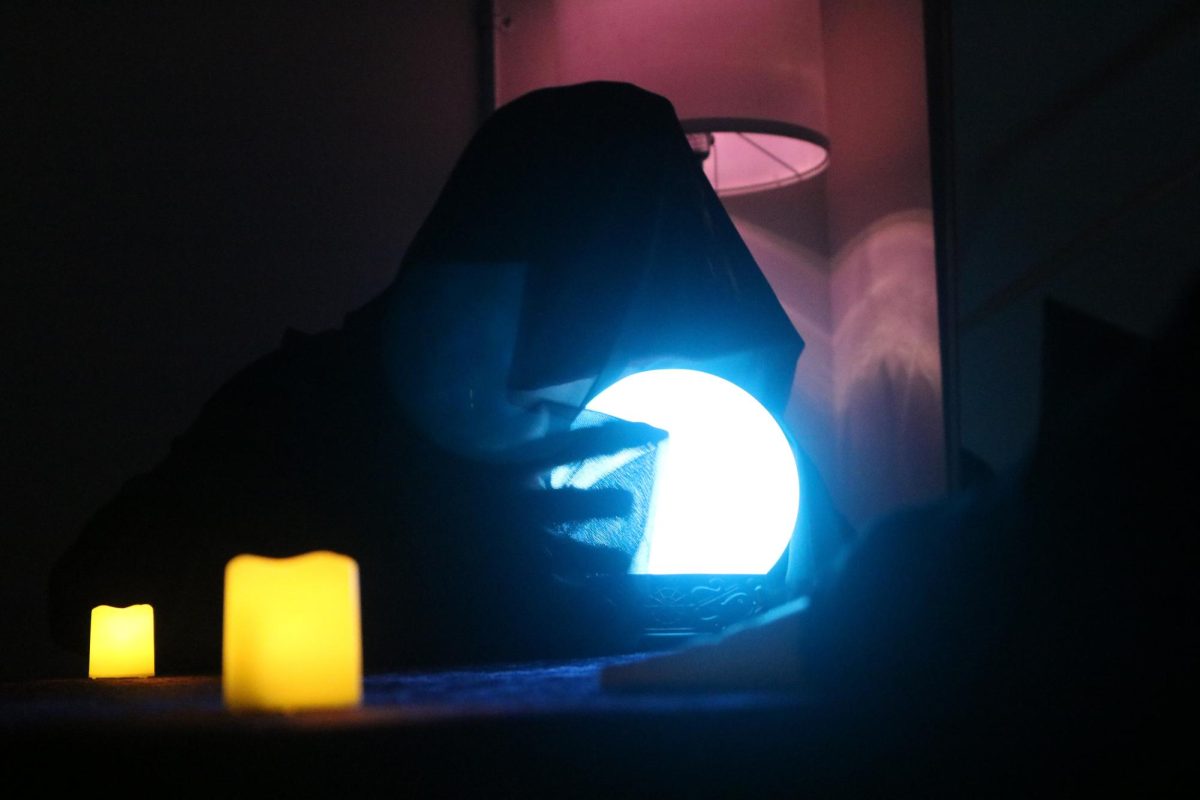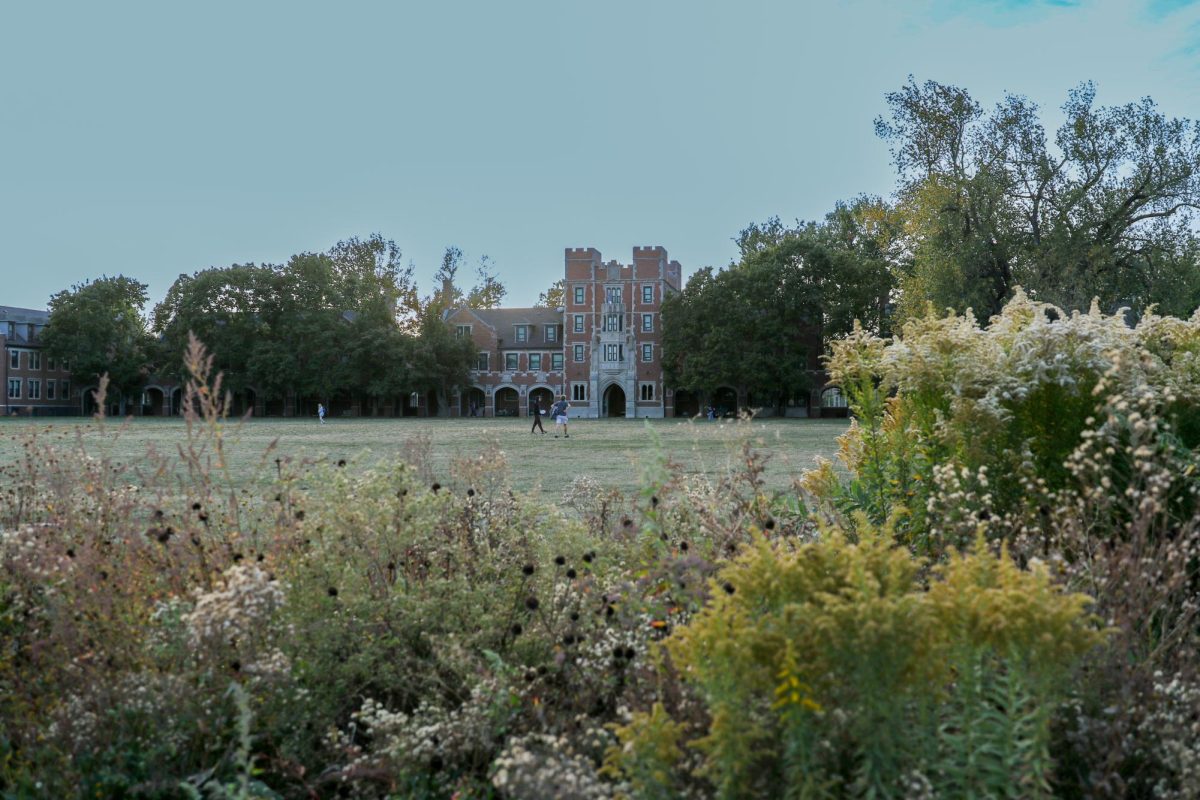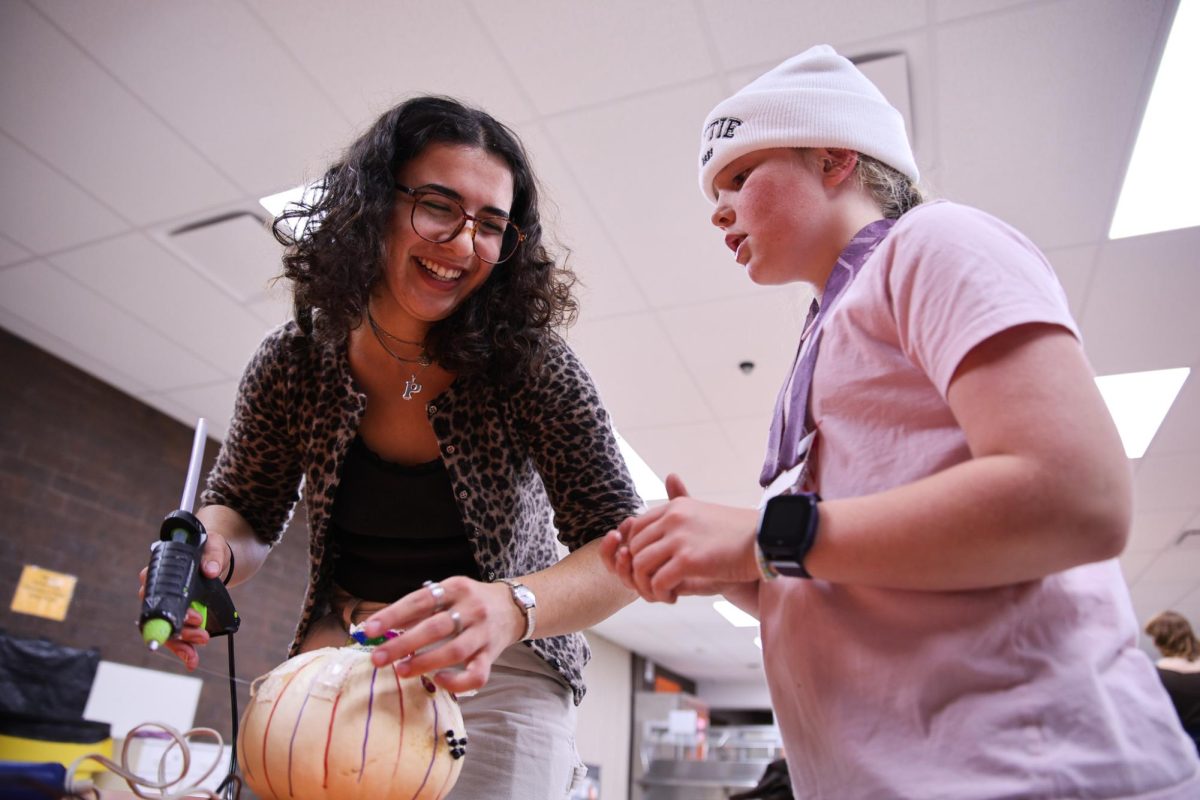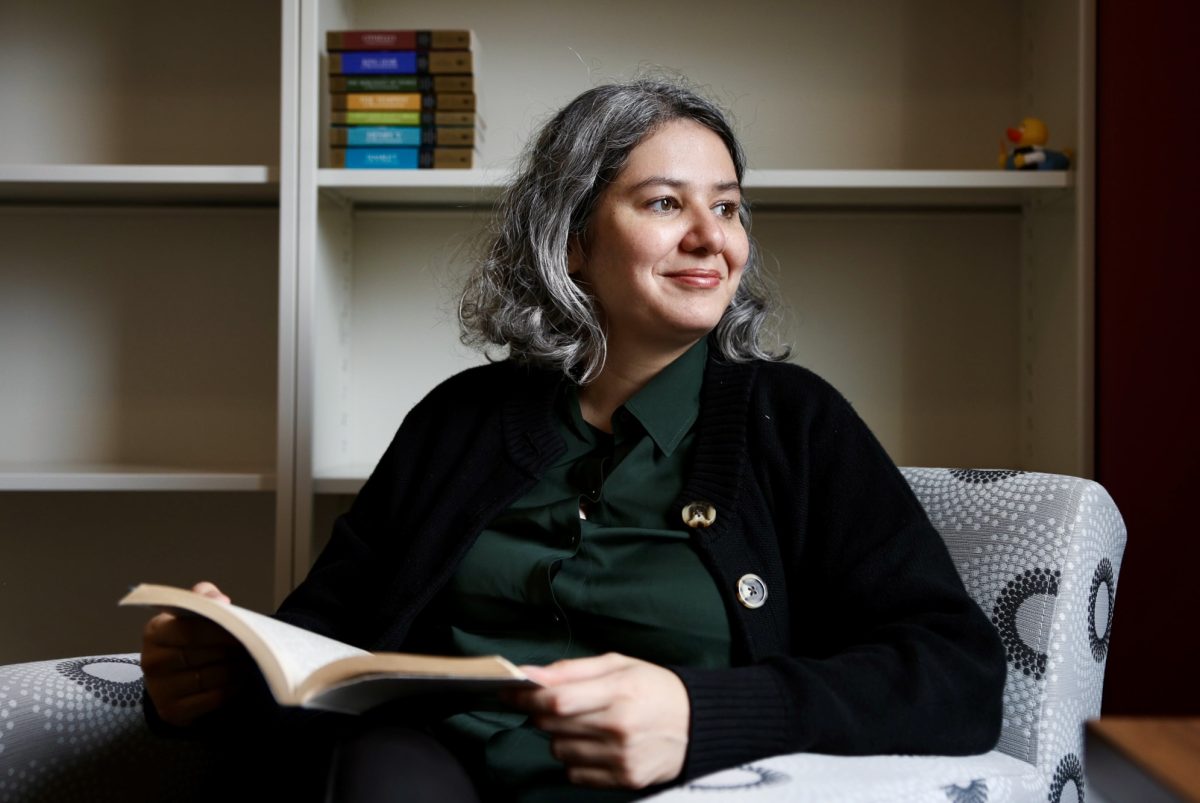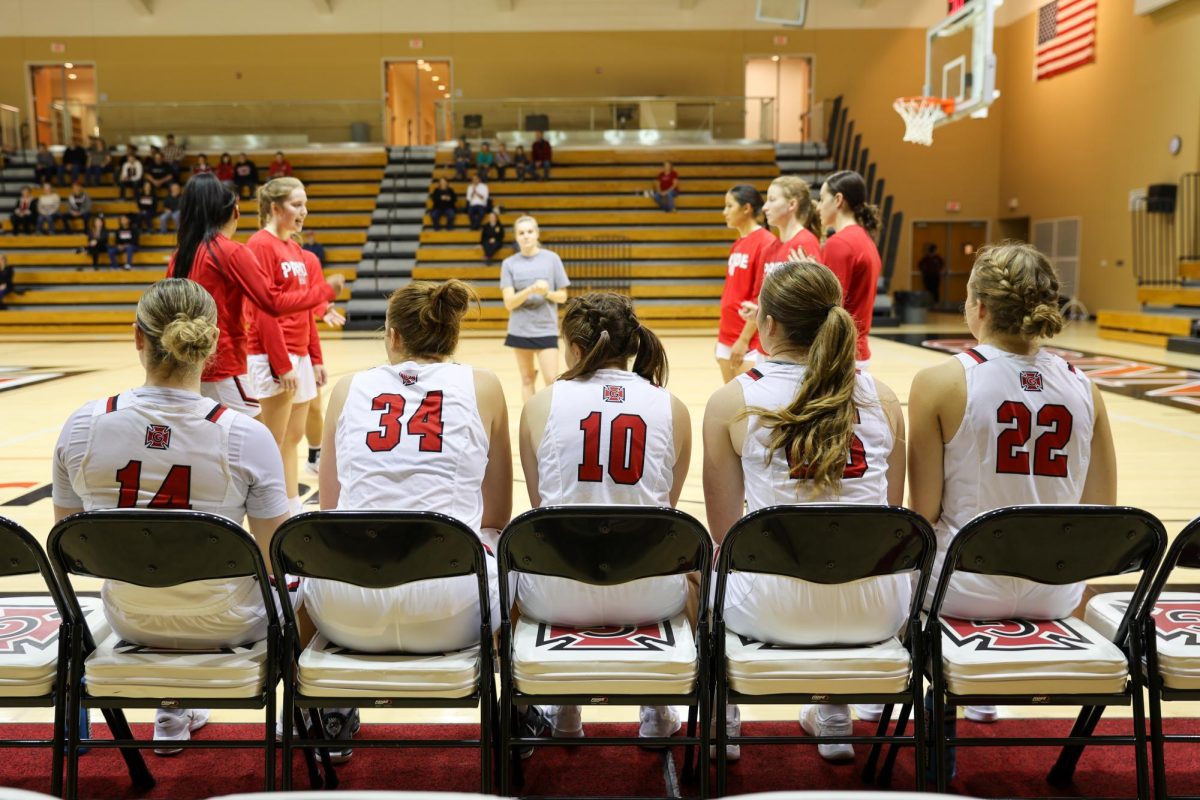By Drew Ohringer
The Student Health and Counseling Services (SHACS) has a new frequent visitor, and it’s not a student coming to talk about problems with linear algebra or a bad breakup.
In addition to bringing in psychologist Stephanie Brown last year, SHACS now has a regular psychiatrist, Dr. Laura Van Cleve from Poweshiek County Mental Health Center, visiting campus twice a week to help manage student’s dosages and psychiatric needs.
“We’re really fortunate to be moving in this direction,” Brown said. “Managing dose changes and arranging refills is a lot to manage at a distance and with a busy college schedule. So some of these students would really appreciate the accessibility of having psychiatric care on campus,” she added in an email.
Previously, students who needed access to or help managing psychiatric medicine had to go into town to consult with Dr. Van Cleve or other psychiatrists.
Dr. Van Cleve will be on campus for three hours each week, on Tuesdays and Thursdays. On Tuesdays, she will meet with one student for an hour-long evaluation, and on Thursdays she will meet with six students for shorter periods of medication management.
SGA Vice President of Student Affairs Holden Bale is glad students will have access to a psychiatrist.
Brown will act in conjunction with Van Cleve by seeing patients in ongoing therapy. It is important for students to understand the difference between a psychologist and a psychiatrist, stressed Brown.
A psychologist, like Brown, works with patients over a long period of time in a talk-therapy setting, whereas a psychiatrist also works to understand a patient’s psychopathology and can prescribe medicine. Van Cleve, a DO (Doctor of Osteopathic Medicine), will prescribe drugs, but will not engage in any talk therapy with the patient.
However, the new psychiatrist has caused a small stir among students. In last week’s Scarlet & Black, a letter to the editor complained about the $200 fine to students for missing appointments.
Brown stressed that it will only be for appointments with Dr. Van Cleve that a no-show fee of $200 will occur. This is because SHACS is contracting her services from Tama County Medical Health. But as long as students cancel their appointment within 24 hours, they will not have to pay any fee.
“This is a singular misstep that I hope people don’t focus on too much,” Bale said.
On Thursday morning, Bale met with Brown to modify the missed appointment policy.
“I requested SHACS waive the ban on psychiatric services for first-time missed appointments, which Stephanie Brown agreed to,” Bale said. “I was assured SHACS will be using a large amount of discretion when it comes to whether or not they decide to actually charge students for missed appointments.”
Brown also explained that the cancelation policy will not affect the quality of SHACS mental health care.
“Nothing’s changed about the way we provide counseling,” Brown said.
Dr. Van Cleve is well acquainted with the problems adolescents face and with the Grinnell community—she took part in a child and adolescent psychiatry fellowship as part of her training, and has been working with Grinnell students for 16 years.
“Having a psychiatrist on campus even for limited hours will improve student’s mental health services,” Van Cleve said, “by allowing students greater access to care, and most importantly, encouraging consultation between the students’ therapists, who they see very regular for an hour at a time, and the psychiatrist, who has less frequent and shorter visits.”
Brown and Van Cleve agree that having a psychiatrist on campus will improve student care.
“College students are often in high stress situations,” Van Cleve wrote in an email. She explained that lack of sleep and proper nutrition, along with drinking and experimentation with drugs, can affect mental health.
Van Cleve has seen the difference effective treatment can make—even students who were patients of hers for severe psychiatric illness were able to eventually succeed in college.
“Some of the most rewarding days on my job have been witnessing the resiliency of Grinnell College students,” she wrote.


